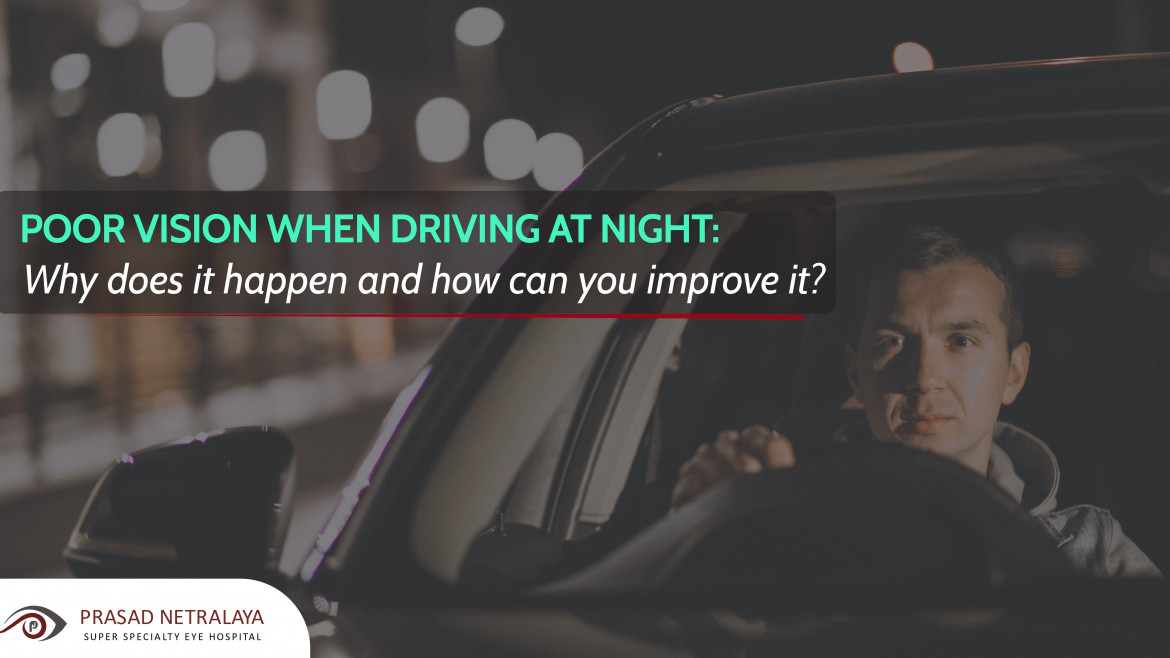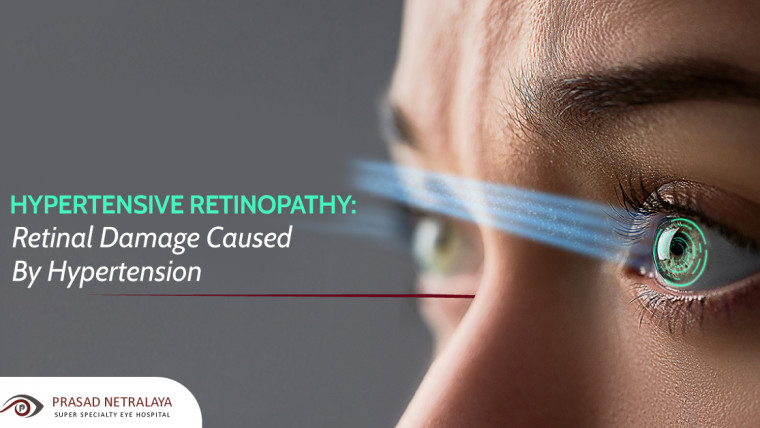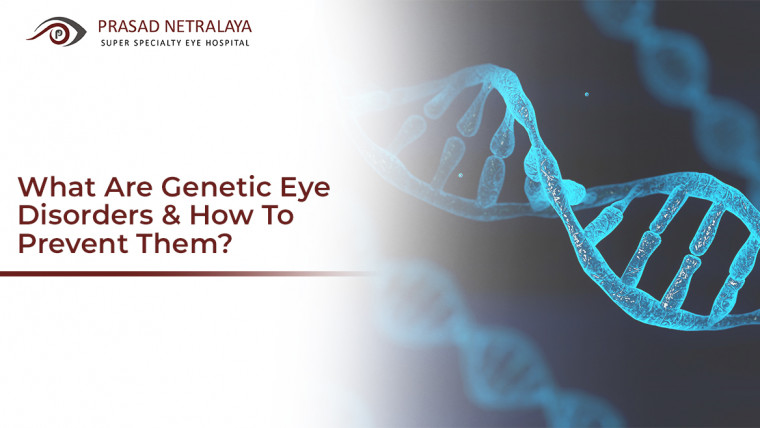Do you ever wonder why you struggle more to see when driving at night or in dim environments, compared to during the day or brighter environments? Bad eyesight when driving is usually the result of cataract formation in the eye. At times, it can be night blindness also known as nyctalopia. People with this condition have difficulty adjusting their eyes and seeing in low-light settings. Nyctalopia is a symptom of underlying diseases and not a disease in itself. You could also inherit night blindness through genetics.
Table of Contents
Why Is it Harder to Drive at Night as You Get Older?
Loss of night vision with age is common in many. With the development of cataracts, your eyes also start to get more sensitive to glare. It is crucial that you talk to your doctor and get treated as soon as you start seeing symptoms like:
- Difficulty in reading signboards
- Difficulty noticing lane markings
- Taking longer to adjust your eyes from a darker room to a brighter room or vice-versa
- Headaches or eye strain while focusing on something in dim surroundings
- Blurry or foggy vision
Functional Blindness can be prevented and vision can be improved if the problem is detected early and treated immediately. So don’t just blame it on age, talk to your eye doctor about your struggle to see when driving at night and get tested for what could be causing this.
The onset of night blindness is mainly because of pre-existing conditions that affect the retina.
By treating these underlying problems, you can better your night vision. Doctors will recommend using corrective lenses, such as eyeglasses or contacts to help with your night vision.
Night blindness is also seen in pregnant women when they become deficient in vitamin A. Making changes in your lifestyle and diet to preserve your eyesight. It can be managed if it’s related to vitamin A deficiency and/or other treatable conditions. But if your night blindness is a result of a genetic condition, correction lens or surgery might not make much difference.
As there are no preventive measures for ageing, you can still take measures to delay eye problems and diseases after consulting your doctor.
How Can Night-Blindness Be Improved?
Certain symptoms of night blindness can be curbed by:
Eating Food Rich in Vitamin A
Vitamin A is a crucial element for clear corneas. You could develop a disease called Xerophthalmia when Vitamin A is deficient, and it usually begins with night blindness. Some Vitamin A rich foods you can eat are cheese, eggs, oily fish; and leafy vegetables like spinach and sweet potatoes for the vegetarians.
Having Your Cataracts Removed as Early as Possible
When protein starts accumulating in your lens, it prevents the lens from focussing clear images to the retina. There are other factors that cause cataracts besides age. Surgery is recommended to clear the cataract in your lens that is preventing you from having a clear vision.
Wearing Sunglasses to Protect Yourself from the Sun
Overexposure to the sun is proven to trigger cataracts. It’s important to keep both your skin and eyes protected from UV radiation. UV radiations also cause other eye issues that include cancer. Practice wearing sunglasses that have a UV coating and polarized lens to avoid early vision loss.
These are some of the practices you can follow on your own to keep your eyes healthy and safe. Furthermore, getting eye check-ups annually is recommended since many people don’t have symptoms.
If you ever feel like your eyesight is becoming worse at night, consult a doctor immediately. Make sure you always check your blind spots when driving and avoid driving at night, dusk or dawn if you have blind spots. Driving at night with vision problems can be very dangerous for you and the people around you. If you want to understand what underlying problems are causing your night blindness and make it better, consult an ophthalmologist at Prasad Netralaya, Mangalore and Udupi’s most trusted eye care hospital. Call us at +91 9513596565 or book an appointment if you wish to visit in person. You can also book a teleconsultation.



